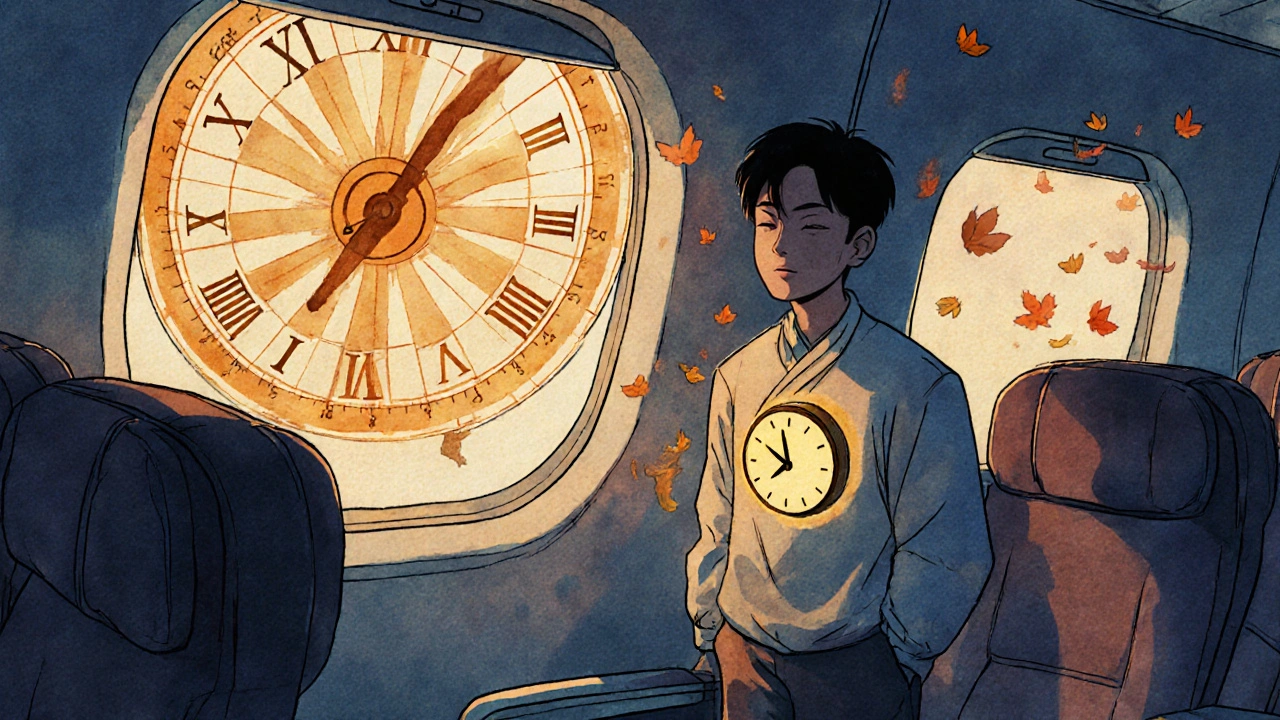Delayed Sleep Phase: What It Is, Why It Happens, and How to Fix It
When you can’t fall asleep until 2 or 3 a.m. — and still need to wake up at 7 a.m. for work — you’re not just lazy. You might have delayed sleep phase, a circadian rhythm disorder where your internal body clock is shifted later than typical social schedules. Also known as delayed sleep-wake phase disorder, it’s not a choice. It’s biology. And it’s more common than you think, especially in teens and young adults. People with this condition aren’t resisting sleep; their brains simply aren’t ready for it until much later. The result? Chronic sleep loss, daytime fatigue, and trouble keeping up with school, jobs, or family life.
This isn’t the same as occasional late nights. circadian rhythm, your body’s 24-hour internal clock that regulates sleep, hormones, and body temperature is out of sync with the world around you. Light exposure — especially blue light from screens — plays a big role. So does genetics. Studies show over 50% of people with delayed sleep phase have a family member with the same issue. It’s not about discipline. It’s about timing. And when your body thinks it’s 1 a.m. at 11 p.m., no amount of willpower fixes that.
Many people try caffeine, melatonin, or sleep hygiene tips — but most of those only work if your rhythm is close to normal. With delayed sleep phase, you need to reset the clock, not just fight the symptoms. That means structured light exposure in the morning, strict bedtimes even on weekends, and sometimes controlled use of melatonin under medical guidance. It’s not quick. But it works if done right.
What you’ll find below are real, practical guides from people who’ve been there. You’ll see how antidepressants can mess with your sleep cycle, why ulcers keep you awake at night, and how certain meds like corticosteroids or NSAIDs make it worse. You’ll also find advice on using supplements, managing chronic conditions, and adjusting your routine so your body gets the sleep it needs — not just the sleep you’re told you should get.

Circadian Rhythm Disorders: Understanding Jet Lag and Delayed Sleep Phase
Jet lag and delayed sleep phase are two distinct circadian rhythm disorders. Jet lag is temporary and travel-related, while delayed sleep phase is a chronic condition that shifts your natural sleep time by hours. Learn how to fix both with light, melatonin, and schedule consistency.